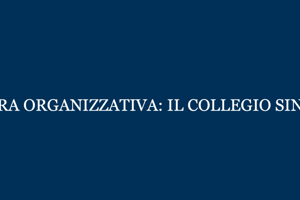Podcast
Questions and Answers
Match the following with the factor that impaired auditor independence and public trust:
Match the following with the factor that impaired auditor independence and public trust:
Expansion of services = Expansion of audit services only Creation of PCAOB = Non-audit services (e.g., consulting, tax, accounts) SOX Act = Internal control outsourcing Big Four accounting firms = Non-audit services (e.g., consulting, tax, accounts)
Match the following with the responsibility of the audit committee:
Match the following with the responsibility of the audit committee:
Hiring external auditors = Overseeing the work of internal auditors Firing external auditors = Hiring external auditors Overseeing the work of external auditors = Overseeing the work of external auditors Monitoring auditor independence = Monitoring auditor independence
Match the following with the consequence of the SOX Act:
Match the following with the consequence of the SOX Act:
Weakened auditor independence = Connected the audit function to the corporate governance structure Strengthened auditor independence = Connected the audit function to the corporate governance structure Created the PCAOB = Created the PCAOB Reduced public trust = Weakened auditor independence
Match the following with the purpose of the PCAOB:
Match the following with the purpose of the PCAOB:
Match the following with the concept that was impacted by the expansion of services by public accounting firms:
Match the following with the concept that was impacted by the expansion of services by public accounting firms:
Match the following with the transformation of the Big Five accounting firms:
Match the following with the transformation of the Big Five accounting firms:
Match the following benefits of external auditing with their descriptions:
Match the following benefits of external auditing with their descriptions:
Match the following entities with their roles in corporate governance:
Match the following entities with their roles in corporate governance:
Match the following concepts with their relationships to corporate governance:
Match the following concepts with their relationships to corporate governance:
Match the following terms with their definitions in the context of corporate governance:
Match the following terms with their definitions in the context of corporate governance:
Match the following entities with their responsibilities in corporate governance:
Match the following entities with their responsibilities in corporate governance:
Match the following benefits of external auditing with their purposes:
Match the following benefits of external auditing with their purposes:
Match the following terms with their definitions:
Match the following terms with their definitions:
Match the following Acts with their purposes:
Match the following Acts with their purposes:
Match the following auditing standards with their requirements:
Match the following auditing standards with their requirements:
Match the following terms with their descriptions:
Match the following terms with their descriptions:
Match the following with their roles:
Match the following with their roles:
Match the following concepts with their relationships:
Match the following concepts with their relationships:




